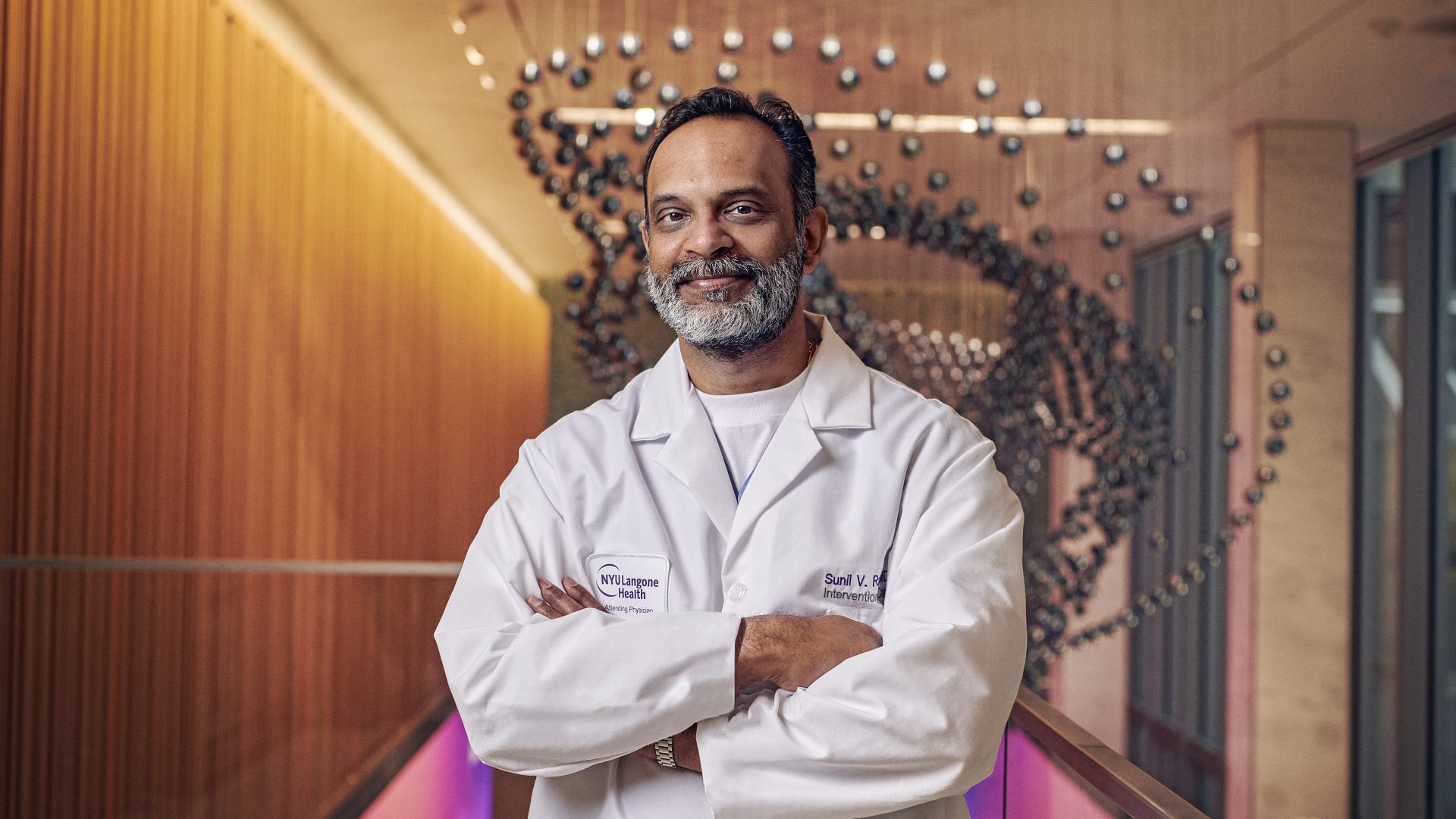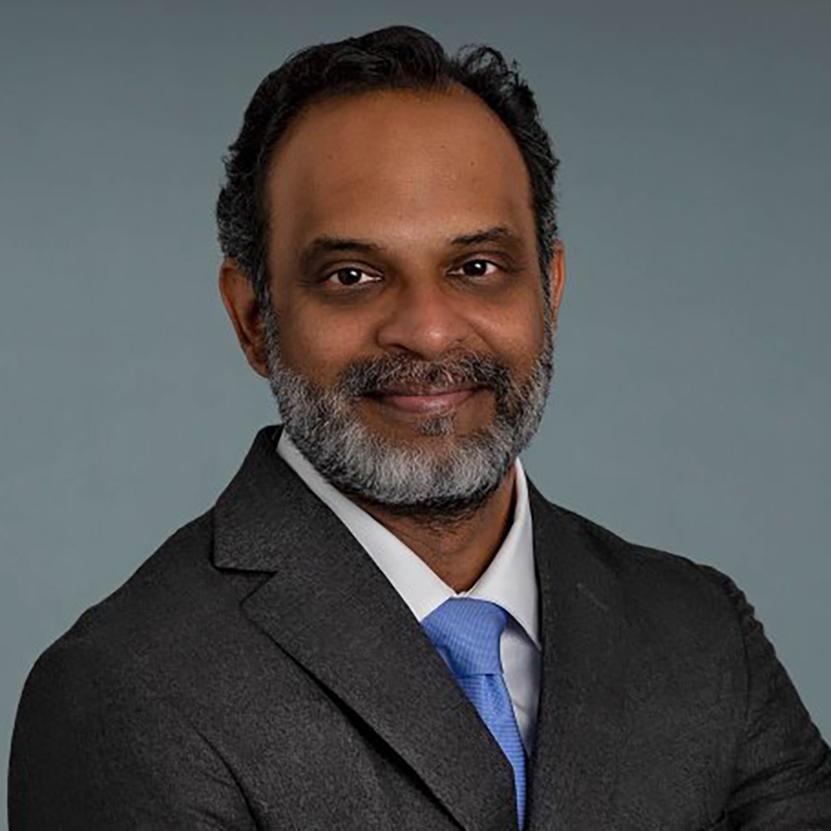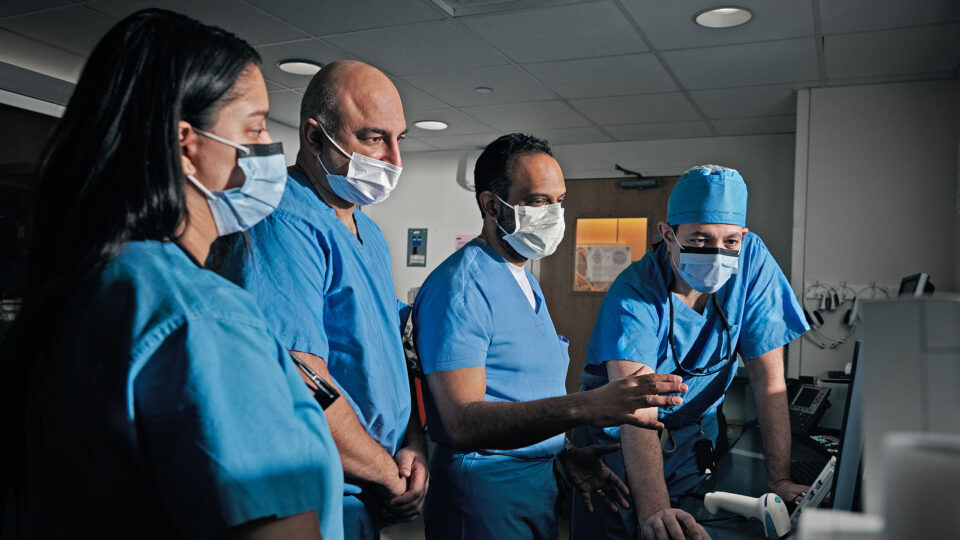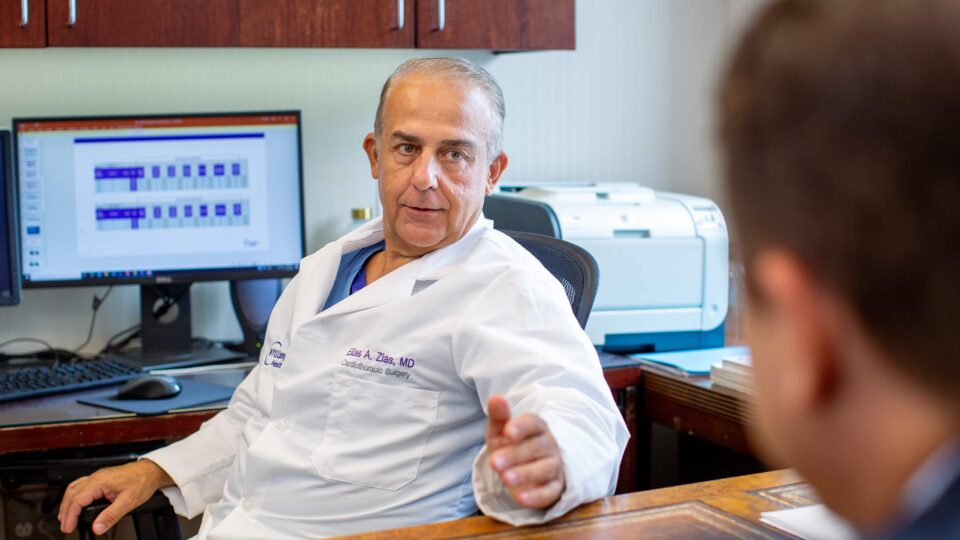More than 40 years ago, the first annual meeting of the first and only national society of interventional cardiologists, the Society for Cardiovascular Angiography and Interventions (SCAI), was organized—with the creator of coronary angiography at its helm. Today, the subspecialty has evolved to offer patients many more treatment options, and SCAI is led by a new generation of physicians including Sunil Rao, MD, director of NYU Langone Health’s interventional cardiology program.
Here, Dr. Rao, who is currently serving his term as SCAI president, discusses the state of the subspecialty and efforts underway at SCAI to advance the profession.
An Evolving Subspecialty
Physician Focus: Dr. Rao, so much has changed within the subspecialty since SCAI was established. What excites you the most?
Dr. Rao: The most exciting aspect of the profession has always been the same: We see very sick patients, and our expertise gives us the ability to help them feel better immediately. We can visualize a blockage that caused a patient’s heart attack and, 5 or 10 minutes later, their arteries are wide open and they’re asking to go home. There is an instant gratification there.
“We’re constantly evolving the field to help patients feel better and live longer.”
Sunil Rao, MD
The second thing relates to newer developments: We have more technologies than ever to offer patients—more approved interventions and more clinical trials of new devices and drugs. We’re constantly evolving the field to help patients feel better and live longer. For example, we can treat more complex artery blockages, such as 100 percent occlusions, that in the past were not treatable. We are also able to treat patients with complex valve disease or heart failure using new devices that can help them get back to a normal life.
National Leadership: The Next Frontier of Patient Care
Physician Focus: As president of SCAI, what are your leadership priorities for the society?
Dr. Rao: We’ve placed a strong emphasis on research and education. For the first time in SCAI’s history, we are able to fund original research, with three grants awarded to early-career investigators. Their research will be presented at the next annual meeting. We also implemented a fellowship match program for the first time in interventional cardiology.
In addition, our efforts have contributed to several legislative wins, including the Cardiovascular Advances in Research and Opportunities Legacy (CAROL) Act, which funds research to understand and prevent out-of-hospital cardiac arrest. That means strengthening initiatives like community CPR training and increasing the number and availability of automated external defibrillators (AEDs).
Physician Focus: What priorities are next?
Dr. Rao: My utmost priority is to remain at the forefront of trends in patient care. Thanks to innovation in our field, procedures like coronary stenting are moving to the outpatient setting. More than 16 states have endorsed the procedure at ambulatory centers, which is a more patient-centered approach. The challenge is there are still risks to the procedure, so we developed a set of safeguards for quality in the ambulatory setting. SCAI is also at the leading edge of aligning payment with these evolutions in care.
Second, we’re putting an increased spotlight on physician wellbeing. Alongside patient risks in the context of cardiac procedures, there are well-known occupational hazards for physicians and providers. Radiation risks, physical demands, and the psychological burden of treating very sick patients all take a toll. For us at SCAI, the question is how do we sustain our members in their careers and support their health and wellbeing?
Closer to Home: A Uniquely Personal Approach
Physician Focus: Looking closer to home at NYU Langone, what are you most proud of accomplishing in your interventional cardiology program?
Dr. Rao: My answer touches on the paradox of being a high-volume center that offers an incredibly personalized approach to care. Our teams at our Cardiac Catheterization Laboratories perform more than 14,000 a year. And we offer all of the best, most advanced technologies and approaches, like radial access, that have made our procedures safer and more effective.
Yet on an individual level, the way we treat patients is incredibly personal. With each patient, we work with our noninvasive cardiology and surgery colleagues to figure out the right care at the right time. If that requires an interventional treatment, we will deliver what may be a widely available procedure with a personalized approach that you can only find here.






